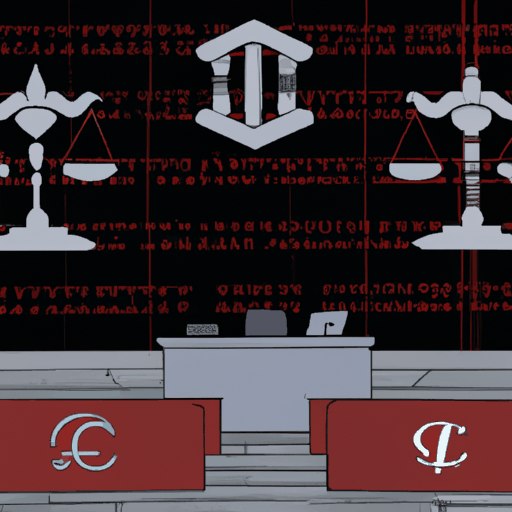
Kraken Criticizes SEC's Legal Tactics Amid Regulatory Disputes
By: Eva Baxter
Kraken's ongoing legal battle with the US Securities and Exchange Commission (SEC) has taken a contentious turn as the exchange's legal team, spearheaded by attorney Michael O'Connor, sharply criticized the regulatory body's recent moves. O'Connor labeled the SEC's latest tactics as an attempt to sidestep critical discovery processes, drawing similarities to previous strategies used against Ripple in ongoing lawsuits. This criticism comes as the SEC presses forward with its motion to dismiss key defenses raised by Kraken under the "fair notice" and "major questions doctrine" defenses. These defenses have been a vital part of Kraken's legal stance as it grapples with allegations of operating as an unregistered securities exchange.
The SEC's motion, filed on November 5, focuses on streamlining the litigation process by dismissing arguments that claim regulatory ambiguity and unconstitutionality of the SEC’s actions against the crypto industry. The exchange, however, maintains that it did not receive adequate warnings regarding the classification of its offerings as securities, contrary to SEC's assertions that prior decisions under the Howey Test provide sufficient notice.
Amidst these legal skirmishes, O'Connor has also decried the timing of the SEC's actions, coinciding with a significant political day in the United States. He suggested this timing could be seen as an "Election Day gambit" aimed at undermining broader political and regulatory processes. Furthermore, O'Connor directed criticism at SEC Chair Gary Gensler, contending that his days of influence might be numbered as legislative and public pressures mount on crypto regulation policies.
The unfolding legal case against Kraken represents yet another chapter in the wider conflict between crypto exchanges and regulatory authorities. As Kraken defends its legal standing, the outcome of this dispute holds potential ramifications for the broader crypto industry, especially concerning the classification and regulation of digital assets. This case follows in the footsteps of issues seen in the Ripple saga and highlights ongoing tensions between innovation within the crypto space and the regulatory frameworks attempting to govern it.



